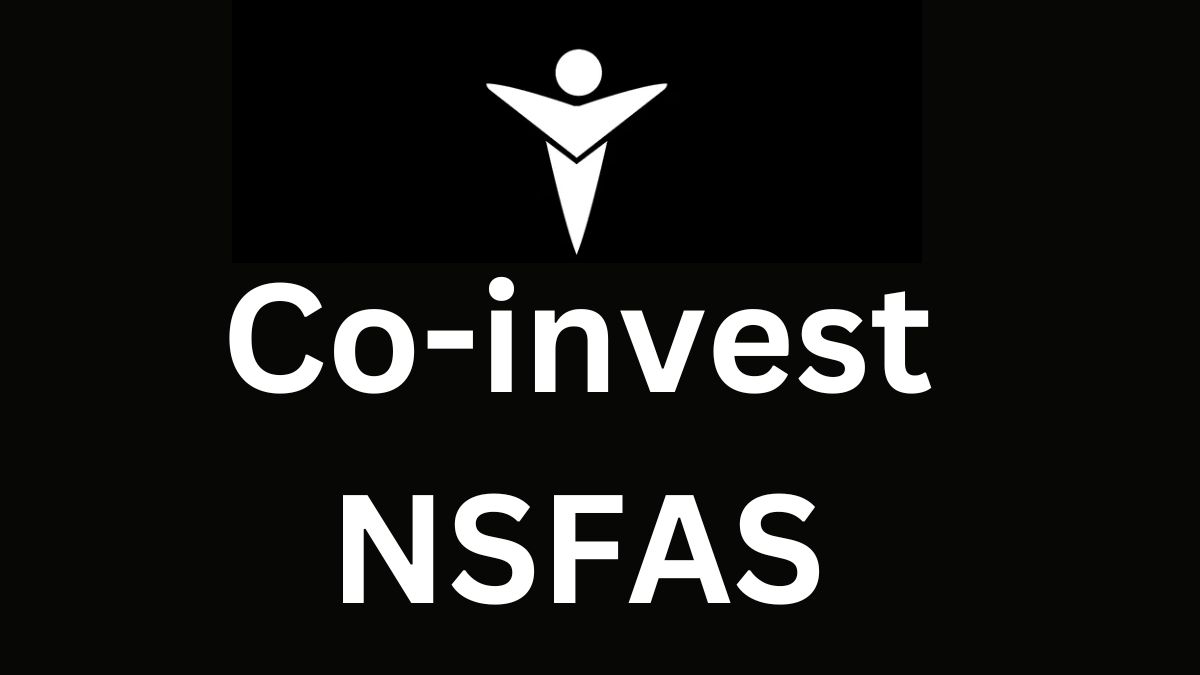SSL certificate for multiple domains is used to secure multiple sites with one certificate. However, there are many other things that you need to know about it. Read ahead to find out!
Website security is one of the most crucial aspects of a business. As cyberattacks have taken a heavy toll, the loss of data and revenue for businesses is unthinkable. As per Verizon’s 2021 Data Breach Investigations Report, the number of data breaches recorded on SMBs was 1037. On top of that, the same report suggested that 95% of incidents at SMBs cost between $826 to $653,587.
Now, if we look at the numbers, they are huge, especially for an SMB. If SMBs can be charged this much money, think about bigger organizations. If you are thinking about how to shield yourself from such threats, fortunately, there is a solution, and that is an SSL certificate.
An SSL certificate is an important part of the public key infrastructure. It stands for secure socket layer and establishes a secure, encrypted link between the web browser and web server.
If you have multiple websites, you won’t have to get a new certificate for each. You can just get one, and that’s all! A single multi-domain certificate will protect all your website’s data and communications. Let’s read ahead to discover these multi-domain certificates in depth.
What are Multi-domain or Website Certificates, and Why Do You Need Them?
Well, let’s take an example to understand this!
If a person has three websites and sub-domains under them, he may have to purchase a separate certificate for each of them, as per general understanding. However, it is not the case. As it can be quite a pricey deal, a person can purchase one multi-domain certificate to protect multiple websites, domains, and sub-domains.
Now, no matter if all the websites are hosted on one server or multiple servers, all you need is a single SSL certificate for multiple websites. These certificates are of various types, and all of them have their individual features and benefits.
What are the Various Types of Multi-domain SSL Certificates?
Now, if you have multiple websites or multiple domains on one site, there are three types of SSL for multiple domains that you can have for them. Here are the types of certificates!
The Multiple Domain SSL Certificate
Let’s begin with the first option. Just like its name suggests, this one SSL certificate for multiple domains can be used for securing more than one site or fully qualified domain names (FQDNs).
The multi-domain is also known as SAN (subject alternate name) or UCC (unified communications certificates).
With a Multi-Domain SSL Certificate, you can secure up to 100 domains and subdomains. This number can even be more based on the supplier or the certificate authority. There is only one IP address used.
Here are some key points for a multi-domain SSL certificate!
- Browser and mobile support
- 256-bit encryption
- Site seal for user trust
- The name of different domains that need to be protected should be added at the time of purchase.
- Though the number of domains is more than one, there is still a limit to it.
- It is available for all levels of validation, like DV, OV, and EV.
The Wildcard SSL Certificate
The second type of multi-domain SSL certificate is Wildcard SSL Certificate. Unlike its name, the certificate is used to secure multiple subdomains under one domain at one level. For example, if you have a website named www.trendy.com, the certificate will help you secure unlimited subdomains under it. The example of these subdomains can be
- blog.trendy.com
- products.trendy.com,
- contact.trendy.com
- resource.trendy.com
And unlimited more. Unlike multi-domain certificates, the Wildcard certificate does not have any limit on the number of subdomains. You can add an unlimited number of subdomains under a domain, and that too, at any time. It is not mandatory to add all the subdomains at the time of purchase.
The wildcard certificate is only available for DV and OV levels of validation, not for EV. You can get the cheap wildcard SSL certificate from trusted certificate authorities like Comodo, Sectigo, and Certera at CheapSSLWeb (a trusted SSL provider).
The Multiple Domain Wildcard SSL Certificate
The Multi-domain Wildcard SSL Certificate is a master certificate that features the aspects of both wildcard as well as multi-domain certificates. With a multi-domain wildcard certificate, you can secure multiple domains and an unlimited number of subdomains under one certificate at multiple levels. However, to add multi-level to the rule, you have to add the domain as a SAN.
Here are some of the chief aspects of a multi-domain wildcard SSL certificate!
- 256-bit encryption
- It has a site seal
- Supports both DV and OV validation
- Supported by almost all types of browsers, and mobile devices
Here are some things that you need to keep in mind before buying the multi-domain wildcard SSL certificate!
- The certificate needs to have the non-wildcard entry as the common name.
- The certificate will enlist all the separate domains together.
- The non- “WWW” versions of the wildcard domain entries will not be automatically secured.
How does the Encryption for Multi-domain SSL Certificates Work?
If you are worried about the type of encryption, you don’t have to! All the SSL certificates have the same level of encryption. However, the encryption behind multi-domain SSL works a bit differently.
- When a user connects to a website, the application of the user and the website server exchange their respective public keys. This is done to encrypt the messages that need to be exchanged further.
- Now, when the user sends a message, the public key of the website server is used to encrypt the message.
- When the message is received by the server, it uses the private key to decrypt the message.
- The same happens if the server sends the message to the user application.
The entire process of SSL encryption happens through public-key cryptography.
What are the Benefits of a Multi-domain SSL Certificate?
After all, we know everything about multiple-domain SSL certificates. Here are some benefits of the same.
- Cost saving: One of the most important benefits of a multi-domain SSL certificate is the cost. As you must buy one certificate instead of multiple for various websites, it can save a lot of money for you.
- Saves time: Instead of getting every individual domain verified, the multi-domain SSL certificate can get all the domains verified in one go. It helps in saving a tremendous amount of time.
- Balances the website credibility: If all the pages of your website are not secured, it might affect the credibility. The best way to understand this is by considering the payment page of an eCommerce website. If it is not secured by an SSL certificate, users will not buy from you. Hence, Multiple domain SSL certificates help you build that credibility.
Conclusion
So, can I use the same SSL certificate on multiple sites? Yes, you can. However, the choice of the certificate will highly depend on your business model. As there are three types and all of them have varying features, you must check them carefully before investing. Make sure you choose the one that can serve you in the long term.










